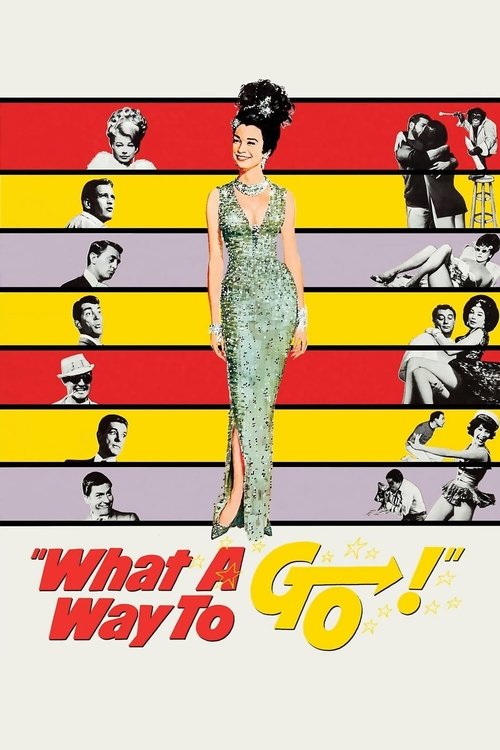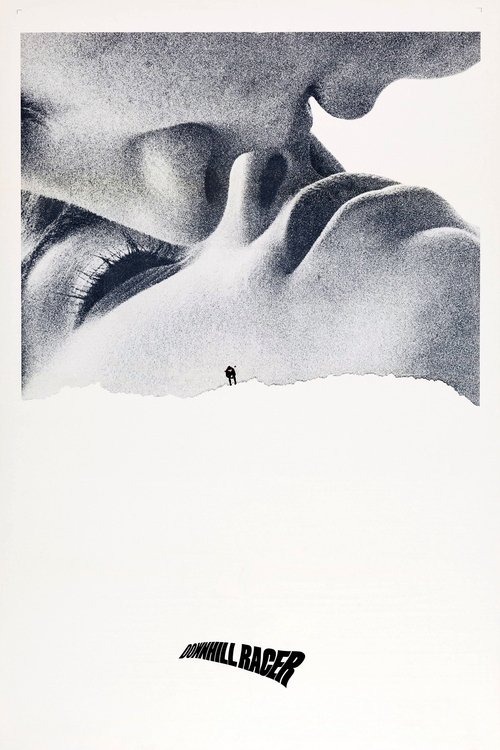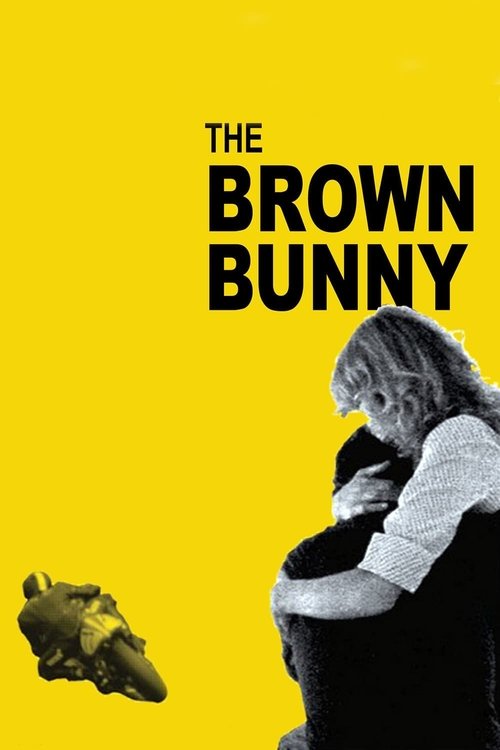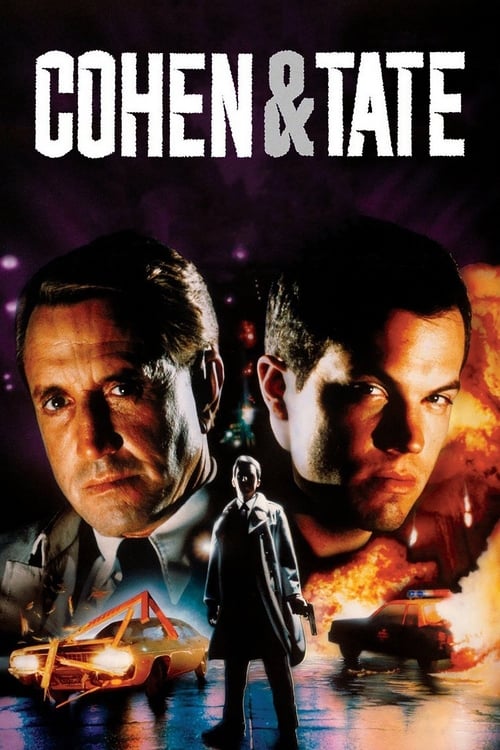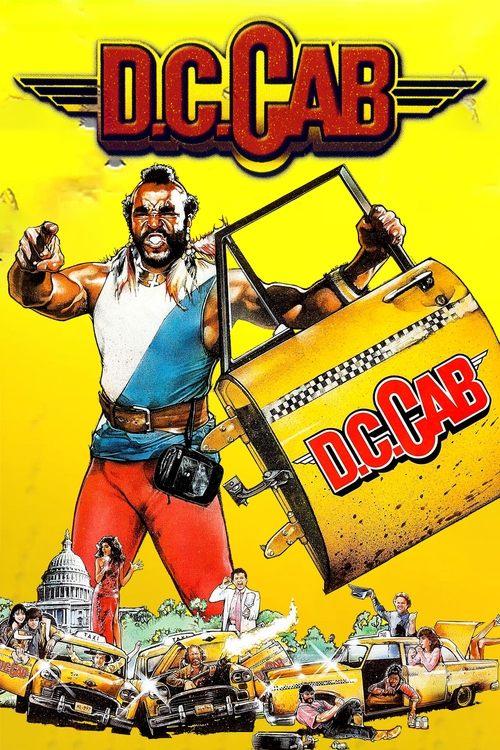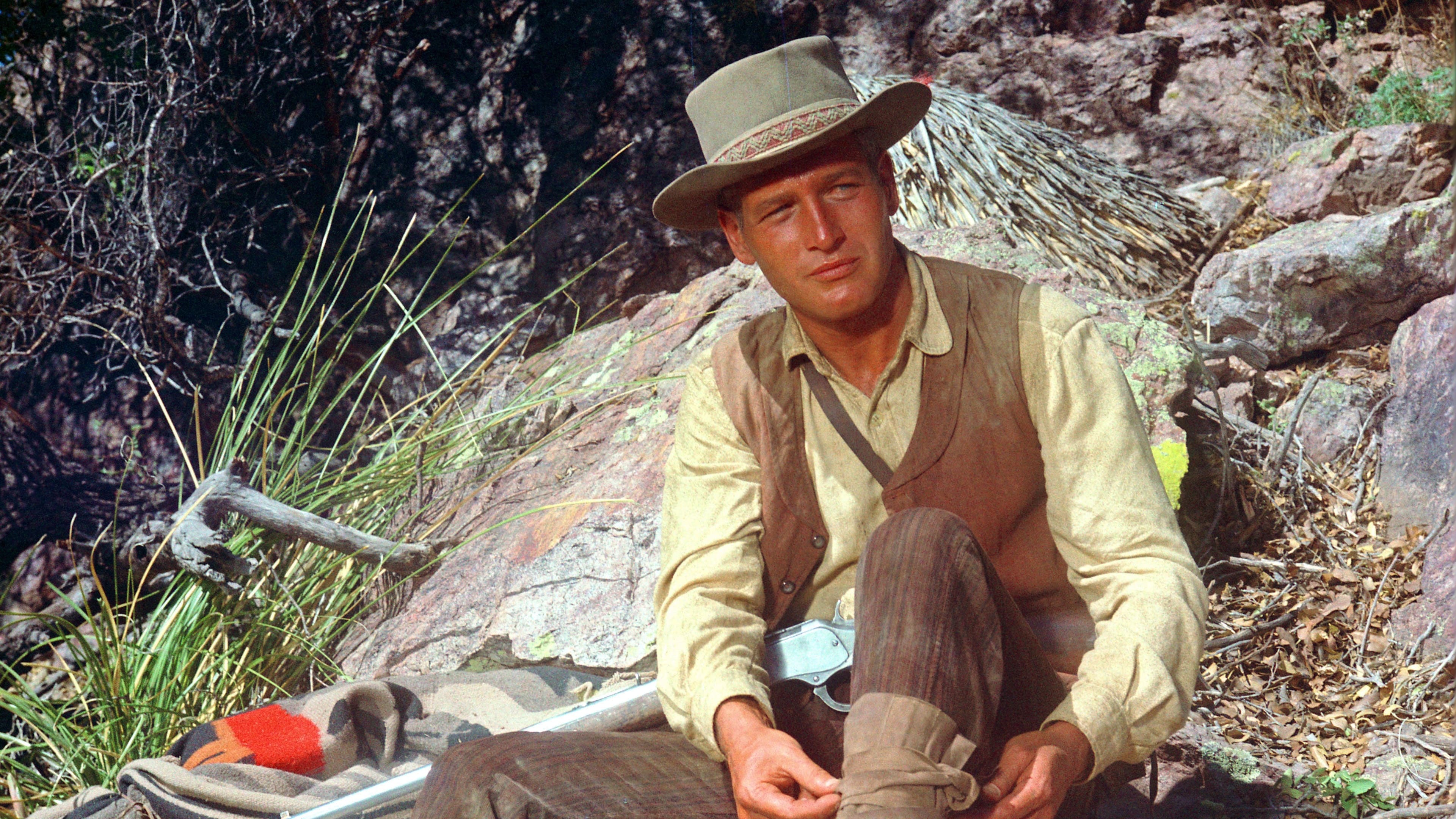
1967
Hombre
Western
8.0
User Score
231 Votes
Status
Released
Language
en
Budget
$5.860.000
Production
Hombre Productions, 20th Century Fox
Overview
John Russell, disdained by his "respectable" fellow stagecoach passengers because he was raised by Indians, becomes their only hope for survival when they are set upon by outlaws.
Review

John Chard
9.0
We all die, it's just a question of when?
Hombre is directed by Martin Ritt and adapted to screenplay by Irving Ravetch and Harriet Frank Jr from the Elmore Leonard novel. It stars Paul Newman, Richard Boone, Fredric March, Diane Cilento, Cameron Mitchell and Barbara Rush. Music is by David Rose and cinematography by James Wong Howe. Plot finds Newman as John Russell, a white man who has been raised by the Apache. Travelling on a stagecoach after collecting his inheritance, Russell finds himself ostracised by his fellow white travellers. That is until something goes wrong and the group find they now need Russell's skills in order to survive.
If it's all right with you lady, I just didn't feel like bleeding for him.
One of the best things about 1960s Westerns was that writers and directors were now more comfortable in portraying the Native Americans more honestly. Yes there were some excellent ones in the 50s as well, but as the 60s wore on things started to get more gritty, characterisations had a more daring depth to them and darker human thematics drove the narratives forward. One of the finest of the decade is Hombre, a literate and often bleak story that thrives on truisms as it spins off about racism, tolerance, corruption, selfishness, hypocrisy and vengeance. Crucially here the makers aren't just about kicking the white man for injustices against the Native Americans, Russell, too, is not being portrayed as a stoic, moral, defender of the Apache. He also has major flaws, his bile consistently rising, he's one cold fish. The film does indeed have a liberal slant, but it's also kinked in places and ultimately plays out as a complex morality piece, where it's to be noted that there's not much to like about any of the characters here, this really is down and dirty stuff.
You wagged your tail in the mans face and got his attention.
The dialogue is sparse, which suits the material and tonal flow perfectly, thus making all conversations there is is to be savoured. The script has intelligent barbs and rough edged ironies dotted within the exchanges, for the group dynamic is frayed from the off and Ravetch and Frank's script keeps the mood deliberately sombre. With Ritt unhurried and pacing it on the simmer, it's a film that begs to be heard and understood. Filmed in Panavision on location in the Coronado National Forest area and the Helvetia Mines in Pima County (a real ghost town), pic has a naturalised beauty that belies the tone of the story. Photographer James Wong Howe composes some striking images for the scenery and deals in memorable deep-focus shots for John Russell's telling moments. Howe, Ritt and Newman were a great team, four years earlier they had made Hud, with Ritt and Newman getting nominated for Academy Awards (Best Director/Actor respectively), and Howe winning for Best Cinematography (Black & White). Their understanding of each other is evident in Hombre, it's a lesson in how to get three of your key Western elements right (direction, photography and leading actor).
Cast are led superbly by Newman, piercing blue eyes with an icy cold demeanour, there's a boldness to the role that brings out a wonderfully simmering bitterness to Newman's acting. Perfect foil to Newman is Boone (The Tall T/Rio Conchos), who is nicely restrained in an uncouth bully boy role. Balsam (Psycho/Cape Fear) is one of the few character actors of the time who could get away with playing a Mexican without inducing cringes, and March (Dr. Jekyll and Mr. Hyde/A Star is Born) scores well in a two fold character portrayal of some shiftiness. Of the girls it's Cilento (Tom Jones) who leaves the lasting impression, she has Jessie as a lady not for turning, the character has taken her knocks but ploughs on with strength of mind and a tongue as sharp as a tack. Rush (It Came from Outer Space/Bigger than Life) is the weak link, never once looking or sounding right in a Western setting, she compounds this by looking hopeless on a horse. A decent actress in the right genre, but an Oater? No way.
That gripe about Rush aside, this is a cracker of a Western. Not one for the all action guns a toting brigade for sure, but one for the adult who likes a bit of moody cranial splendour in their Western diets. 9/10
Read More 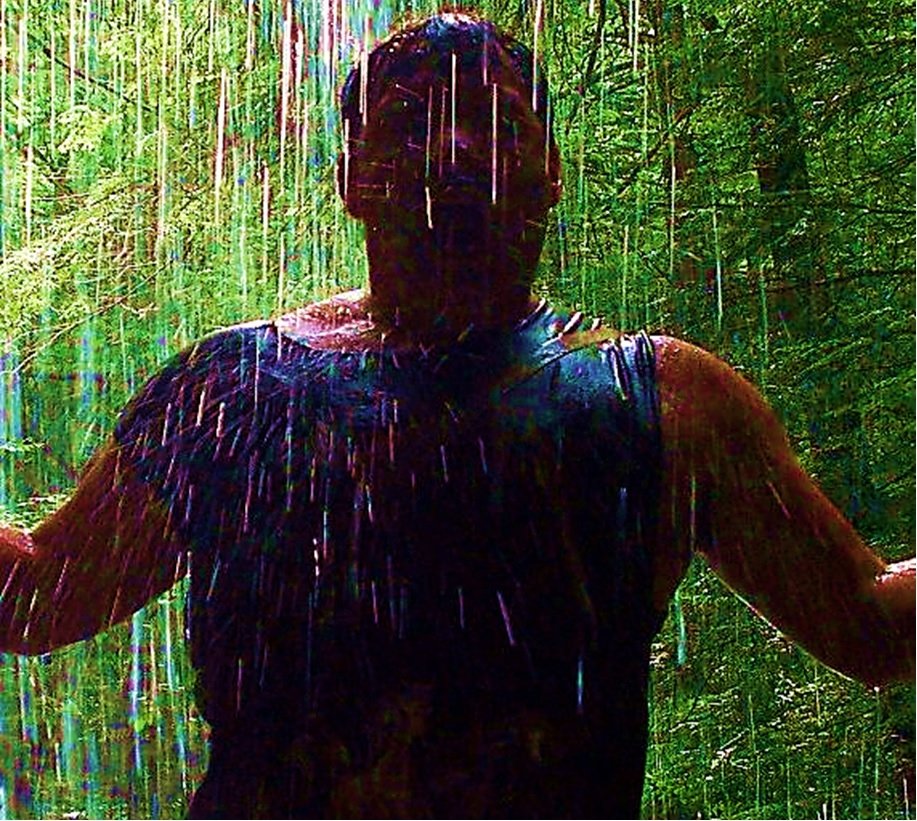
Wuchak
9.0
_**Die for our sins, dog-eater**_
Released in 1967 and directed by Martin Ritt, "Hombre" is a Western starring Paul Newman as John Russell, a white man raised by Apaches on a reservation and thus disdained by the "respectable" stagecoach passengers traveling with him. Perhaps they'll respect him when he becomes their only hope for survival. The driver & passengers are played by Martin Balsam, Diane Cilento, Richard Boone, Fredric March, Barbara Rush, Peter Lazer and Margaret Blye.
"Hombre" is a gritty realistic mid-60s Western; a character study that stands the test of time. Seeing it today, it's hardly aged. Taken from Elmore Leonard's novel, the script effectively shows the illusion of high and low social standing: The proud are proud until uncontrollable events swiftly bring them to their faces; the decent are only decent until survival or lust can only be attained through indecency. This is a tale of survival and in the heat of life-or-death tribulation what's in one's heart comes to the fore.
People complain that the climax leaves a sour taste, but it ends the way it must (see below).
ADDITIONAL CAST: Skip Ward, Frank Silvera, David Canary, Val Avery and Larry Ward.
The film runs 111 minutes and was shot mostly in Arizona, but also a couple scenes in Jean, Nevada and Bell Ranch, California.
GRADE: A
FURTHER COMMENTARY ***SPOILER ALERT*** (Don't read until watching the movie)
John Russell tells the other passengers that they'll only survive their life or death situation by being very careful and shrewd. Ultimately, he decides to be UNcareful in order to save an unworthy uppity woman in response to Jessie's bold sympathy (at least she practiced what she preached). To survive, he relies on the inexperienced kid to take out the bandit while he shoots the main outlaw. Ironically, the kid's shot is blocked by the very woman Russell is trying to save.
When the dust settles, the survivors are all revealed as seriously flawed one way or another, whether venal (Fredric March), arrogant (Barbara Rush) weak (Martin Balsam), green (the kid), morally dubious (Margaret Blye) or liberally naïve (Diane Cilento). The end leaves them speechless as unworthy sinners in the face of unmerited grace through Russell's bold sacrifice. They represent the viewer, you & me: We can take the grace offered us and live a life worthy of it or put it out of mind and continue in our folly. It is every person's plight.
Read More 